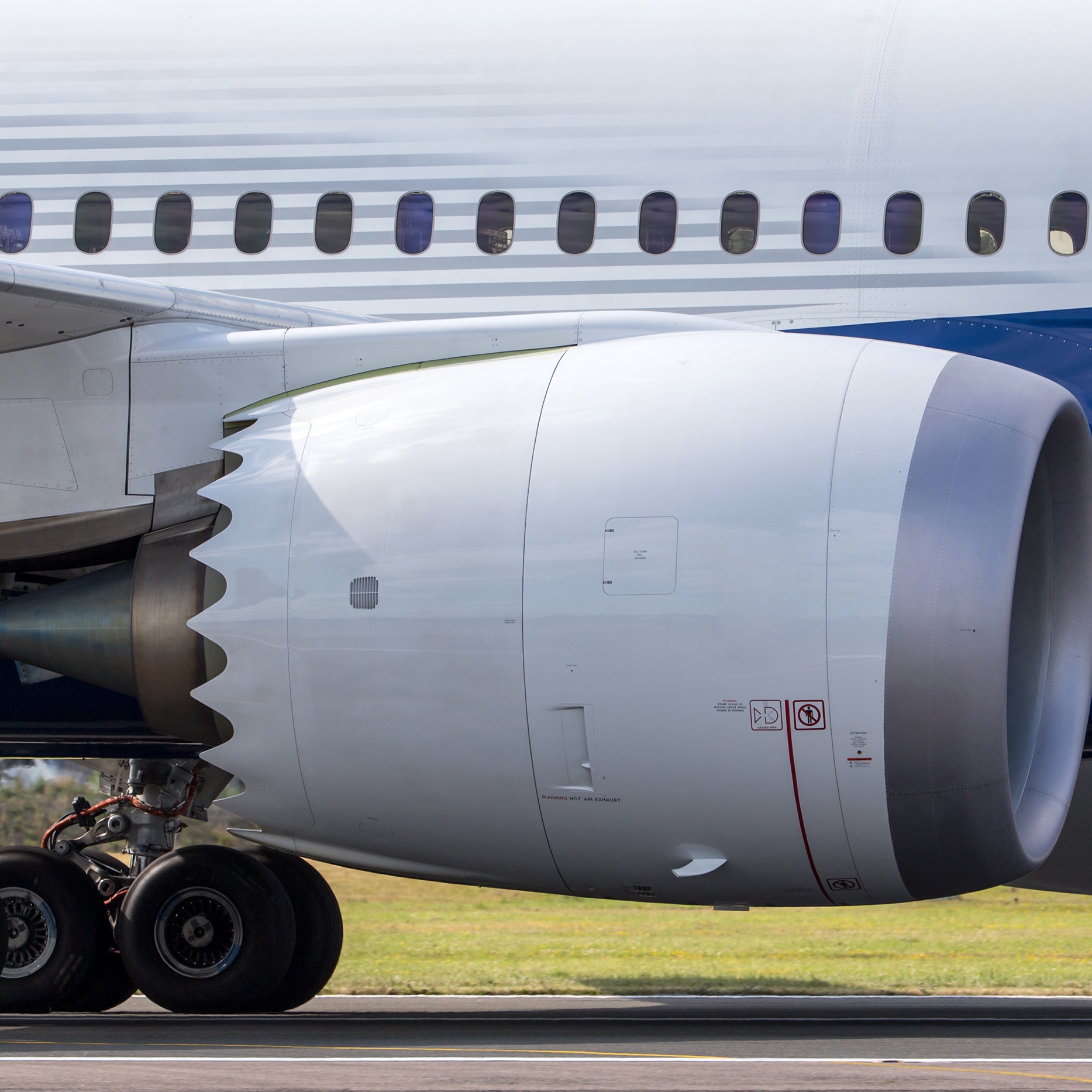Military
How the 787 Dreamliner May Be Driving Profits Ahead at Boeing
Published:
Last Updated:
Boeing Co. (NYSE: BA) reported third-quarter 2015 results before markets opened Wednesday. The aerospace company posted adjusted diluted earnings per share (EPS) of $2.52 on revenues of $25.85 billion. In the same period a year ago, the company reported EPS of $2.14 on revenues of $23.78 billion. Third-quarter results also compare to the Thomson Reuters consensus estimates for EPS of $2.22 and $24.74 billion in revenues. Source: Thinkstock
Source: Thinkstock
Boeing boosted its guidance for the 2015 fiscal year after lowering it at the end of the second quarter. Adjusted EPS guidance rose from a prior range of $7.70 to $7.90 to a new range of $7.95 to $8.15, and revenue estimates rose from a range of $94.5 billion to $96.5 billion to a new range of $95 billion to $97 billion. Most important, perhaps, is an increase in operating cash flow from $9.0 billion to $9.5 billion.
The company now expects to deliver a total of 755 to 760 airplanes in 2015, up from a prior estimate of 755. R&D costs are now forecast at approximately $3.4 billion, down by $100 million from the previous estimate.
Operating cash flow in the second quarter totaled $2.9 billion, up from $1.69 billion in the same quarter a year ago. For the first half of the year, Boeing’ operating cash flow totaled $3.39 billion. Free cash flow in the quarter totaled $2.3 billion, up from $317 million a year ago. For the first nine months of 2015, operating cash flow totaled $6.28 billion and free cash flow totaled $4.42 billion.
ALSO READ: The Most Profitable Companies in the World
During the quarter, the company repurchased 11 million shares for $1.5 billion, leaving $6 billion remaining in the current buyback program, which is expected to be completed over approximately the next two years. The company also paid $600 million in dividends in the quarter, an increase of about 25% compared to the same period last year. Year to date, Boeing has repurchased $6 billion in common stock.
Boeing delivered 199 new commercial aircraft in the third quarter, and took orders for a net 166 more planes. Operating margin dropped to 10% from 11.2% compared with the third quarter a year ago due to higher R&D costs and the “dilutive impact of higher 787 deliveries.” Earnings from commercial aircraft sales fell by 2% in the quarter.
The commercial aircraft backlog totals nearly 5,700 airplanes, with a value of $495 billion.
We noted in our earnings preview that Boeing was losing about $80 million on every one of the first 350 or so 787s it delivers, and that there are many analysts who believe the program will never be profitable. We also noted that as long as the company’s cash flow remained strong that probably doesn’t matter.
Boeing’s deferred production costs on the 787 Dreamliner program totaled some $28 billion at the end of the second quarter. That number appears not to have increased significantly in the third quarter, but we’ll have to wait for the conference call to get a new total. If the total has not increased above $28 billion, Boeing could make good on its forecast to ship a 787 at a profit by the end of this year. Remember, though, that the profits are likely to be thin and the program costs, including development and deferred production costs, are very high.
ALSO READ: 9 Great Companies That Can Raise Their Dividends for the Next Decade
Boeing’s shares traded up about 2.6% in premarket trading Wednesday morning, at $142.49, in a 52-week range of $115.14 to $158.83. The consensus target price for the shares was $163.05 before this report.
A financial advisor can help you understand the advantages and disadvantages of investment properties. Finding a qualified financial advisor doesn’t have to be hard. SmartAsset’s free tool matches you with up to three financial advisors who serve your area, and you can interview your advisor matches at no cost to decide which one is right for you. If you’re ready to find an advisor who can help you achieve your financial goals, get started now.
Investing in real estate can diversify your portfolio. But expanding your horizons may add additional costs. If you’re an investor looking to minimize expenses, consider checking out online brokerages. They often offer low investment fees, helping you maximize your profit.
Thank you for reading! Have some feedback for us?
Contact the 24/7 Wall St. editorial team.